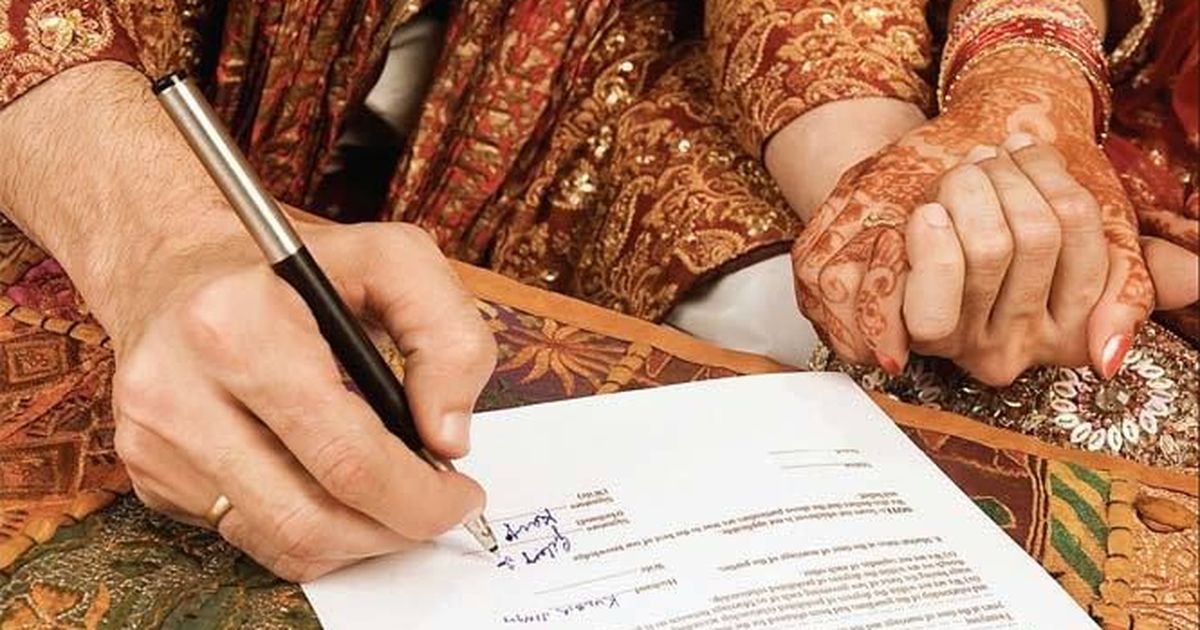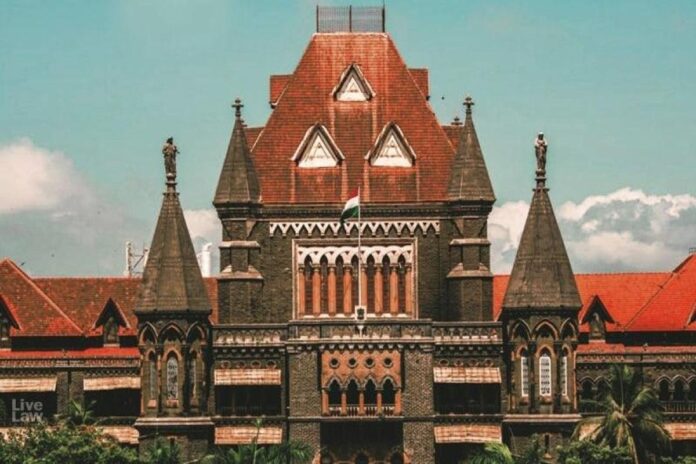The Bombay High Court has ruled that Muslim men are entitled to register multiple marriages, as their laws permit them to have up to four wives at the same time. This decision came during a hearing on a petition filed by a Muslim man seeking to register his third marriage with an Algerian woman, which took place in February 2023. However, his request was initially denied by the Thane Municipal Corporation, citing state laws governing marriage registration.
The municipal authority refused to issue the marriage certificate, pointing to the Maharashtra Regulation of Marriage Bureaus and Registration of Marriage Act. According to the corporation, this Act defines marriage in a way that only recognizes monogamous unions, implying that multiple marriages cannot be registered under the state’s legal framework.
A division bench of the Bombay High Court, consisting of Justices B.P. Colabawalla and Somasekhar Sundareshan, heard the matter on October 15, 2024. The judges described the municipal authority’s refusal to register the petitioner’s third marriage as “wholly misconceived”. They emphasized that the Maharashtra Act does not override the personal laws applicable to Muslims.

The court clarified that, under Muslim personal law, a man is allowed to have up to four wives simultaneously, and this entitlement must be respected when considering marriage registration. The judges stated, “Once personal law allows Muslim men to have four wives, the authorities cannot deny the registration of multiple marriages under the Maharashtra Regulation of Marriage Bureaus and Registration of Marriage Act.” They added that the Act contains no provisions excluding Muslim personal law from its purview.
The bench also noted an inconsistency in the municipal authority’s position, pointing out that the Thane Municipal Corporation had previously registered the petitioner’s second marriage. This, the judges argued, demonstrated that there was no legal bar on registering multiple marriages for Muslim men, as permitted under their personal laws.
Addressing procedural matters, the court instructed the petitioner and his third wife to submit all relevant documents within two weeks, as the municipal authorities had claimed that their original application lacked the necessary paperwork. Once these documents are provided, the municipal corporation must conduct a personal hearing and decide whether to issue the marriage certificate within 10 days. If the certificate is denied, the decision must follow due process and be conveyed with valid reasons.
In addition, the court issued protective orders, instructing that no coercive actions be taken against the petitioner’s third wife. This was in response to concerns about her legal status, as her passport had expired in May 2023, raising fears that the municipal body’s refusal to register the marriage could further complicate her situation.
The High Court’s ruling underscores the importance of balancing state laws with the personal laws of religious communities, reaffirming that Muslim men retain their legal rights to multiple marriages under personal law even when navigating state-administered marriage registration processes.


